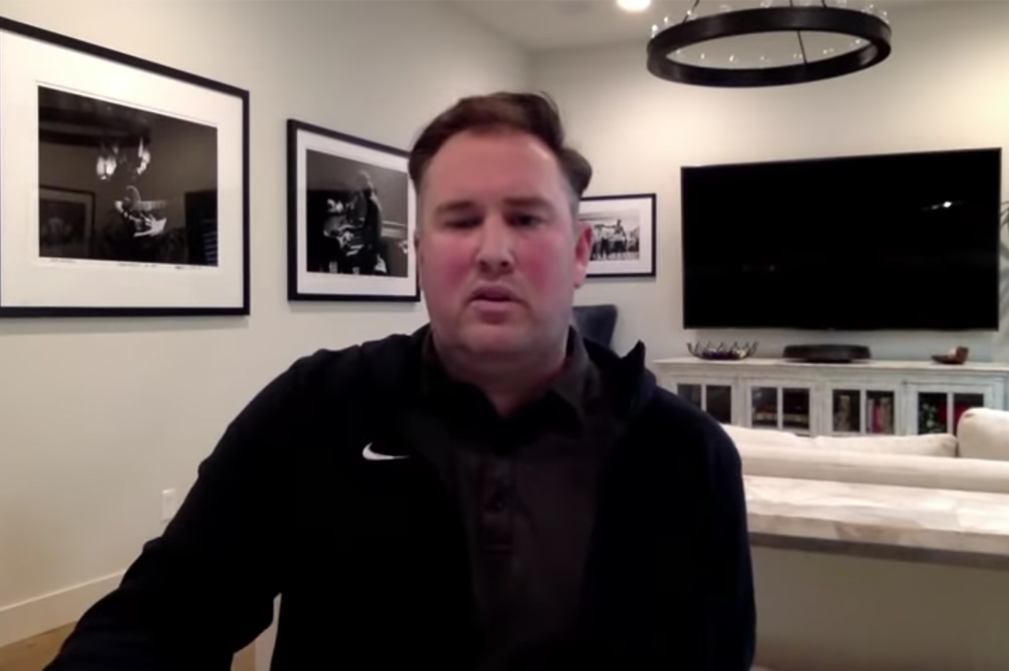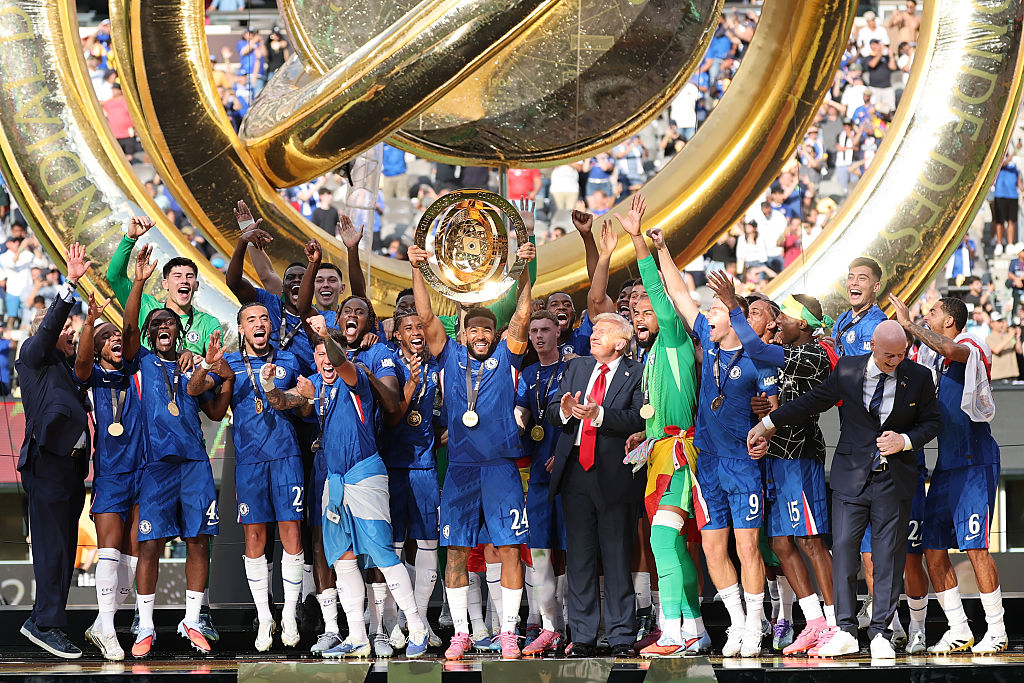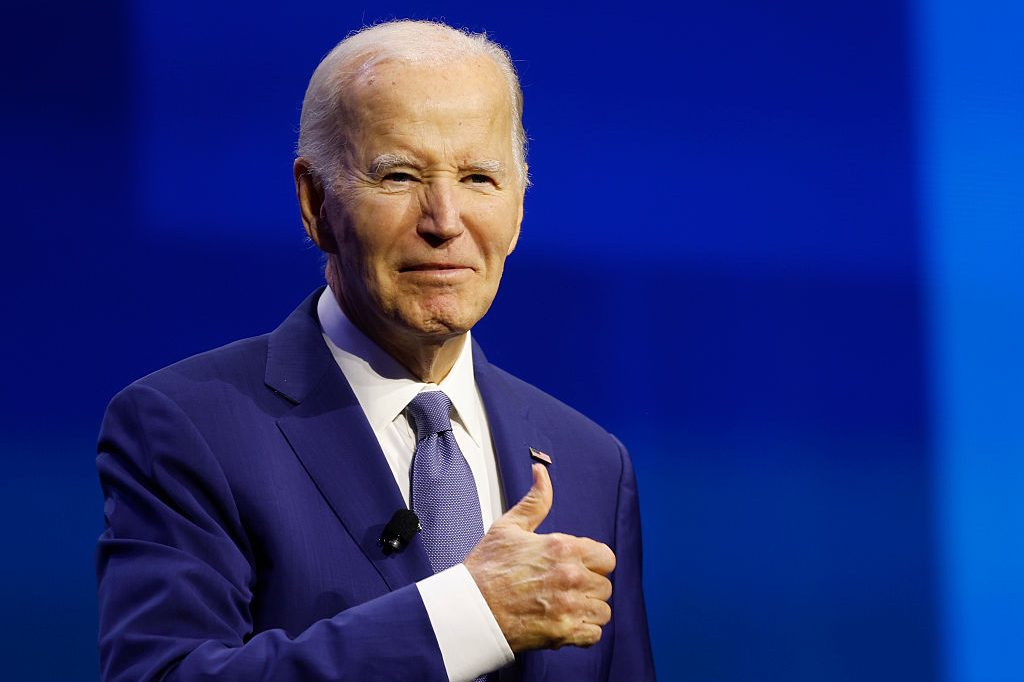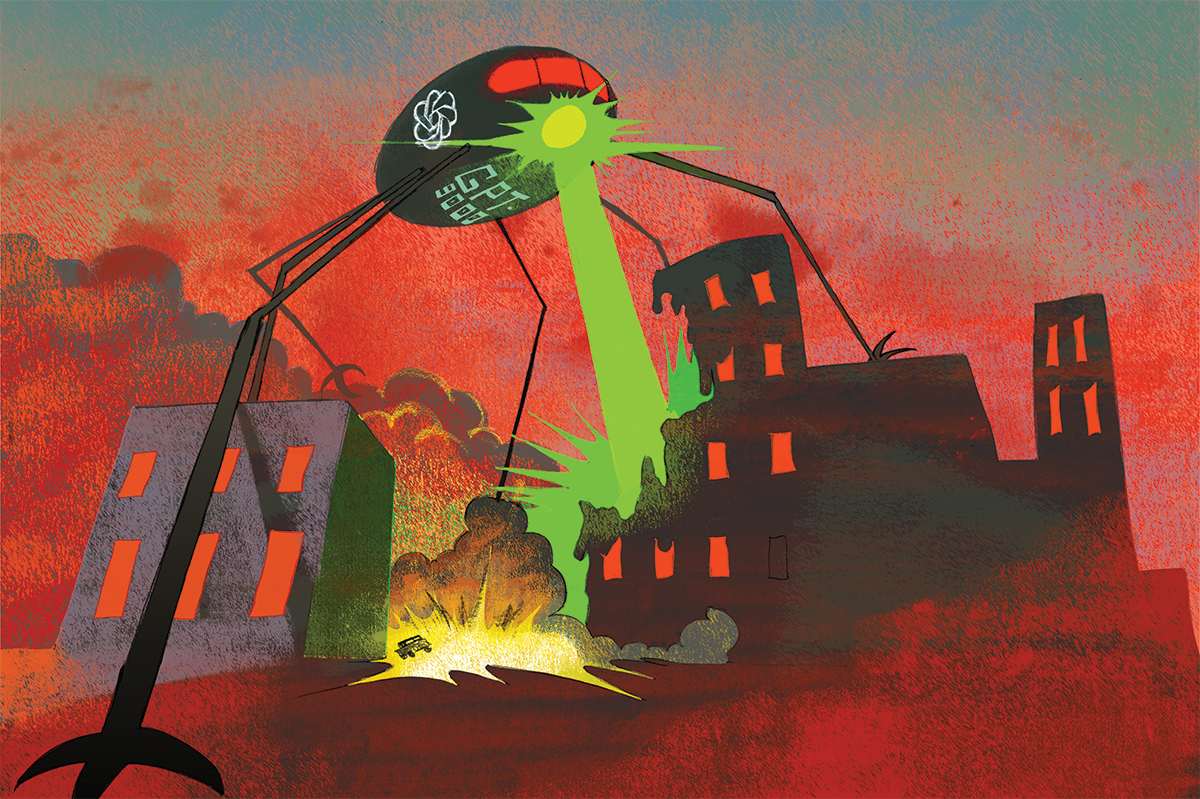In some ways, the downfall of Jared Porter is a prototypical #MeToo story. A man in a position of relative influence made unwanted overtures to a female colleague via text message, in a milieu where rebuffing him was potentially injurious to her career. He was overly persistent, unforgivably lewd, and seemingly impervious to her discomfort, and while he apologized after being told directly that his conduct was inappropriate, it was too little, too late. The woman, a reporter, was thoroughly and understandably demoralized by the experience — and once the man’s conduct became public knowledge, he was thoroughly and understandably defenestrated from his high-profile position as a Major League Baseball general manager. Porter was fired less than 12 hours after ESPN reported the story, with new Mets owner Steve Cohen citing ‘zero tolerance for this type of behavior’.
Where things get atypical, and less understandable, is in the timeline from offense to defenestration. The inappropriate conduct, uncomfortable rejection, and subsequent apology all took place in the summer of 2016. But the fallout occurred only this week, when ESPN, having sat on the story for years, finally decided to publish it in response to Porter’s appointment as general manager of the New York Mets.
In this way, the saga of Jared Porter has more in common with another, different story that recently captured the public attention: in the last weeks of 2020, the New York Times reported on an incident that took place between a group of teens at a Virginia high school earlier that year. One girl, a cheerleader, had created a Snapchat video at the age of 15 in which she used the N-word. Like Porter’s too-persistent texting, the cheerleader’s transgression occurred in 2016; like Porter, she apologized for it long before the incident became common knowledge. And like Porter’s texts, the Snapchat only became public years later, at the moment when it would do maximum damage: a classmate, frustrated by what the NYT described as a climate of systemic racism at his high school, had gotten his hands on the video and saved it until the cheerleader chose a college, at which point he released it on the internet in hopes of seeing her admission rescinded. (It was.)
These cancellations aren’t identical, of course: ESPN’s choice to shove this story into cold storage for three years probably had more to do with pageviews than with any particular desire to scapegoat Porter and make him suffer for the unpunished sins of men at large. But it’s telling that in late 2017, at the height of #MeToo, Porter’s misconduct didn’t strike ESPN as a story worth pursuing — much in the same way that it’s telling that the cheerleader’s classmate only sought to release her compromising video when he was sure it would be maximally damaging to her future. What made it newsworthy wasn’t the offense itself, but the promise of thawing it out to see a man take the longest, hardest possible fall: from the pinnacle of his career, straight into the ignominious dumpster of sex pests.
Whether this counts as cancel culture — or indeed, whether cancel culture even exists — is for other people to debate. What’s undeniable is that we’re witnessing the emergence of a particular hunger, and a new norm, that centers shaming as a spectator sport. The Jared Porter story is not about justice for women; it’s about the cruel fun of knocking someone off a pedestal just to see him go splat.
This may not be how we live forever; like all public obsessions, the novelty of digging around in people’s pasts in search of compromising tidbits will eventually wear off. But for the moment, every person who achieves a degree of public, professional success should expect this as part of the process. Whatever honor has been bestowed, the internet’s offense archaeologists will immediately busy themselves to unearth some reason why it should be rescinded — and don’t think they won’t find one. This is what counts as news now; this is what we want. And in the age where every interaction, and every error, produces digital receipts, we will always, always get it. A foolish flirtation, an old tweet, a professional miscalculation that aged poorly: it’s all there, ready to be exhumed and trotted out, a zombie parade of old regrets that will eat its target alive.

























